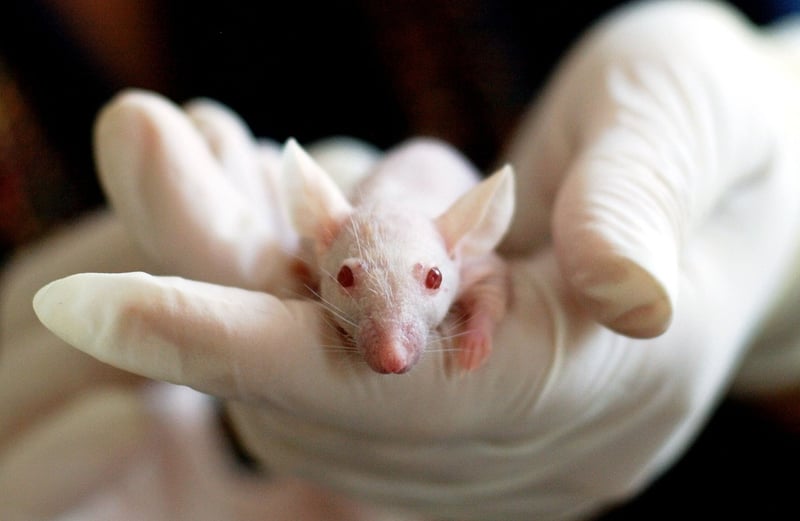Extremophiles Research
The Search for Life Beyond Earth: Extremophiles Research
Exploring the possibility of life beyond Earth has always intrigued scientists and researchers. One fascinating area of study is extremophiles, organisms that thrive in extreme environments previously thought to be uninhabitable. Understanding extremophiles not only sheds light on the potential for life elsewhere in the universe but also offers valuable insights into the limits of life on Earth.
What are Extremophiles?
Extremophiles are microorganisms that exist in extreme conditions such as high temperatures, acidic environments, high pressures, or even in the absence of oxygen. These resilient organisms have adapted to survive and even thrive in habitats that were once considered hostile to life.
Types of Extremophiles
There are several categories of extremophiles based on the extreme conditions they can withstand:
- Thermophiles: Thrive in high temperatures above 45°C
- Acidophiles: Flourish in acidic environments with pH levels below 3
- Halophiles: Survive in high-salt environments
- Psychrophiles: Adapted to cold temperatures below 0°C
- Barophiles: Found in high-pressure environments such as deep-sea trenches
Significance of Extremophiles Research
Studying extremophiles has several implications:
- Origin of Life: Extremophiles provide insights into the conditions under which life could have originated on Earth and possibly on other planets.
- Space Exploration: Understanding extremophiles helps in the search for life on other celestial bodies, such as Mars or Europa, where extreme conditions exist.
- Biotechnology: Extremophiles produce enzymes and proteins with unique properties that have applications in various industries, including medicine and bioremediation.
Current Research and Discoveries
Scientists continue to make remarkable discoveries in extremophiles research:
- Identification of extremophiles in the deep-sea hydrothermal vents, expanding the known limits of life on Earth.
- Exploration of extremophiles in Antarctica's icy environments, offering clues to the potential habitability of similar environments on other planets.
- Investigation of extremophiles in acidic hot springs, providing insights into early Earth conditions and the possibility of life on Mars.
Conclusion
Extremophiles research not only pushes the boundaries of our understanding of life but also fuels our curiosity about the existence of life beyond Earth. As scientists delve deeper into the world of extremophiles, new revelations and breakthroughs are likely to reshape our perception of life in the universe.
For more information on extremophiles research, visit NASA's Astrobiology website.


